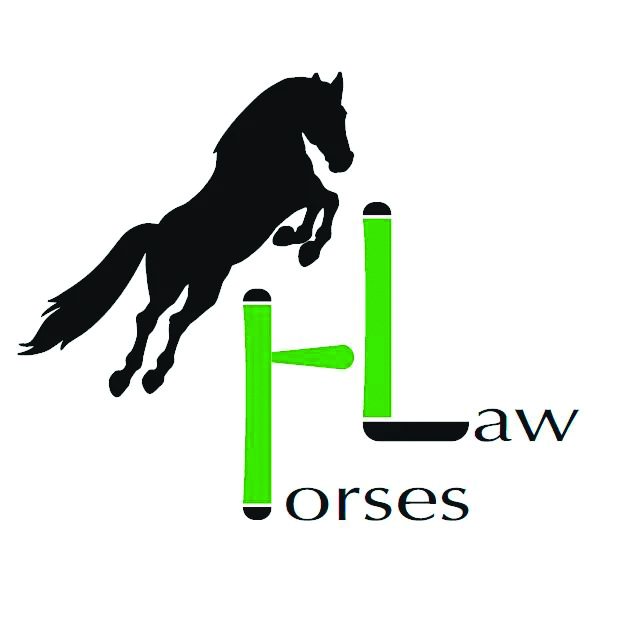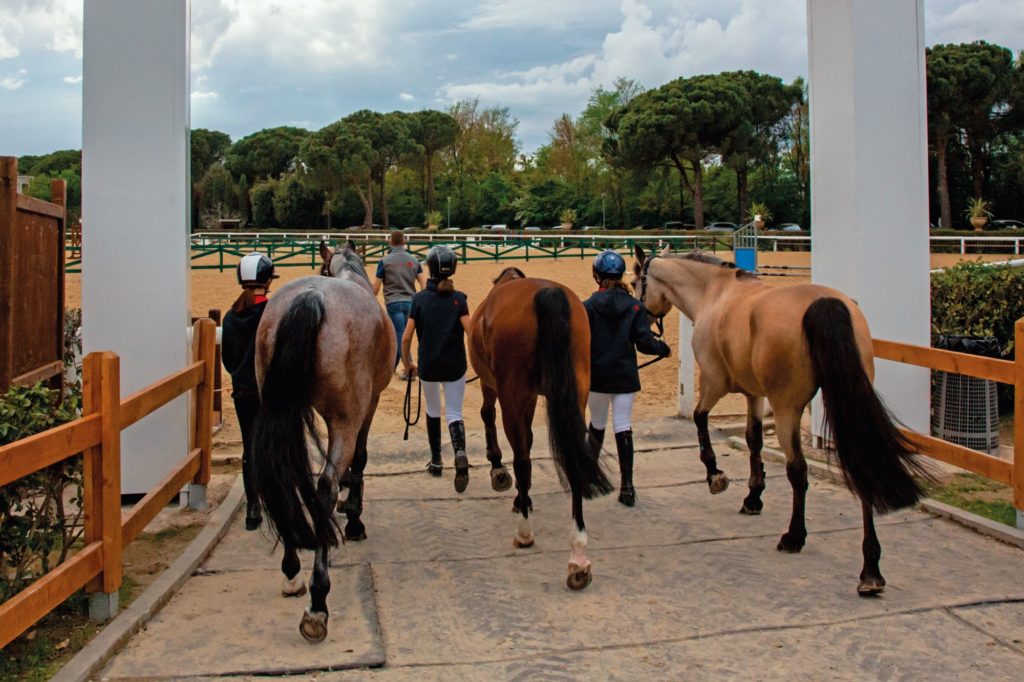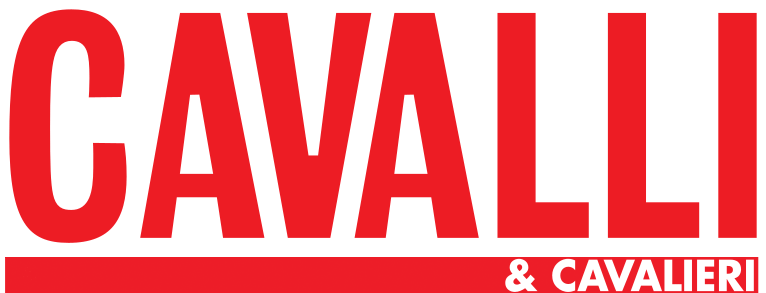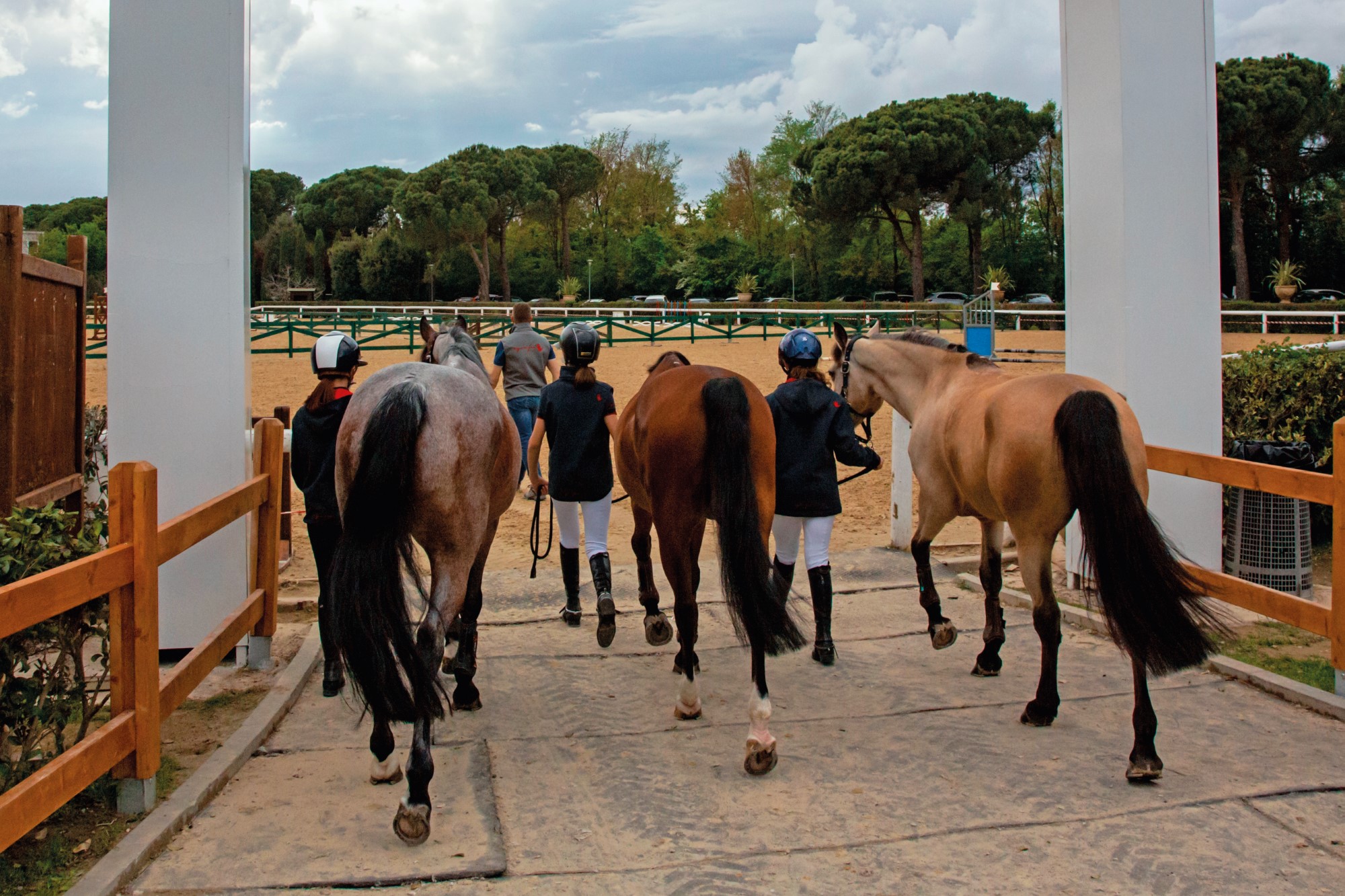HORSES & LAW
SAFEGUARDING OF YOUNG EQUESTRIANS
Prevention measures

The aim of the new ‘Sport Reform’ legislation is to guarantee the fundamental right of every member of the FISE to be treated with respect and dignity as well as being protected from any form of abuse, harassment, gender violence and any other discrimination, regardless of ethnicity, personal beliefs, disability, age, gender identity, sexual orientation, language, financial status, political opinion, religion, physical, intellectual, relational or sporting condition. For this reason, sports clubs and associations are now required to pay new fees.
Anti-paedophilia certificate
Legislative Decree n. 36/2021 (so-called ‘Sport Reform’), art. 33, paragraph 7.
This new legislation requires for every ASD or SSD to obtain the ‘anti-paedophilia’ certificate from the employee/collaborator, when a contractual relationship with corresponding services is established.
Therefore, a subordinate employment, collaboration or consultancy relationship with anyone who carries out activities that involve direct and regular contact with minors will require this documentation.
While waiting to receive the certificate, it is possible to ask the worker for a substitutive declaration.
The certificate must be requested from the Criminal Records Office at the competent Public Prosecutor’s Office, via the website of the Ministry of Justice, (https://certificaticasellario.giustizia.it/sac/) reporting that they are exempt from stamp duty, as stated in art. 27 bis of Table Annex b) of Presidential Decree 642/72 as amended by art. 1 paragraph 646 of L.145/2018.
Organizational Control Model and Code of Ethics
(Ddllgs. 36 e 39 del 2021 e 120 del 2023)
By the 31st of August 2023, all sports bodies under the CONI organisation had to draw up and publish the guidelines for the protection of minors and for the prevention of harassment, gender violence and any other condition of discrimination listed in article 16 of legislative decree n. 39/2021.
This document is a guide for sports associations.
It establishes and prepares the organizational and control models for sporting activity and codes of conduct.
The intent of these sports organizational management models (MOG) is to alleviate the automatic responsibility of the company director (currently considered the employer) for actions committed by employees or third parties.
Based on the legislation described above, following the guidelines issued by the Italian Equestrian Sports Federation, each affiliated club must adopt prevention and contrast measures for abuse, violence and any kind of discrimination against members, paying particular attention to minors.
This requires and obliges any club affiliated to FISE to draw up an Organizational and Control Model of sporting activity and a compliant Code of Conduct.
Appointment of a Safeguarding
The same legislation also requires the appointment of a manager (so-called Safeguarding lead of the club).
The Safeguarding lead adopts appropriate initiatives to prevent and alleviate any form of abuse, violence and discrimination against members of the federation.
Among other activities, the safeguarding supervises the compliance and regulations by Sports Associations and Clubs of the organizational and control models of sporting activity and codes of conduct, the appointment of the person responsible for Safeguarding Policies, as well as reporting the violations of the competent bodies.
The Safeguarding lead receives reports from those who become aware of, or directly suffer relevant behaviour, also ensuring anonymity.
The Safeguarding Office established by the Federation will make an initial assessment and proceed with enforcing the necessary intervention, informing the person who made the report, if this corresponds to the victim or has parental responsibility (in the case of minor person).
The deadline for appointing a safeguarding lead has been set for 1st of July 2024.
Adaptation of the Act
The legislation requires the club or association to update the Act by the 30th of June 2024 (in Italy).
Among these amendments, each act must state that the association/society will operate guaranteeing the implementation and full compliance with the provisions of the CONI and/or the Italian Equestrian Sports Federation, and in general of all the provisions issued to monitor the fight against gender violence as stated in art. 16 of the Legislative Decree 39/2021 and any subsequent changes or modifications.

FEI Policy
The FEI has made changes to the Harassment and Abuse Policy (Annex I, FEI General Regulations), enforced with the Athletes, Accredited Persons, FEI Representatives, Officials, Organisers, Managers and Support Staff (Coaches, Instructors, Horse Owners, Stewards, Chef d’ Equipe, Veterinarians, etc.).
Fighting harassment and abuse requires that clear rules are established, that reporting mechanisms are accessible and that those responsible are sanctioned and/or denied the right to practice the sport.
For this reason, each equestrian organization must develop a safeguarding policy and implement the processes necessary to enforce this rule.
The IOC (International Olympic Committee) has acknowledged this and has made resources available to implement it, as well as a Toolkit which is a step-by-step guide to developing a safeguarding policy.
The FEI has established ad hoc sanctions, but also added: ‘The conduct (attempted or threatened conduct) does not need to take place in the context of equestrian sport in order to take action under this Policy, provided that the FEI considers that any such conduct suggests a risk of harm to one or more Protected Persons in the context of their participation in equestrian sports.’
Why this legislation?
Any legislation, especially when aimed at preventing any crimes being committed and protecting the vulnerable subjects, is issued because at some point a criminal event has occurred which has led to its necessity.
Unfortunately, various associations have been involved in these unfortunate events and have unknowingly employed unsafe staff.
The new regulations aim to guarantee the fundamental right of all members to be treated with respect and dignity as well as to be protected from any form of abuse, harassment, gender violence and any other condition of discrimination, regardless of ethnicity, personal beliefs, disability, age, gender identity, sexual orientation, language, political opinion, religion, financial status, as well as any physical, intellectual, relational or sporting condition.
‘Equestrian sport should provide an environment where athletes can experience joy, dedication, fulfilment and pleasure in the human and equine spirit. Everyone involved in our sport should be safe and treated with respect.
Unfortunately, some individuals may cross the line and engage in harassing or abusive behaviour, with devastating consequences.’ (Federation Equestre International).
This has led the legislator to impose preventative measures to protect vulnerable individuals, as well as every person – minor or adult – who attends the sporting facilities and events.




